Triptych (1980)
Genre : Drama
Runtime : 1H 16M
Director : Ali Khamraev
Synopsis
This intriguing mixture of melodrama and politics is not divided into three parts; the title instead refers to three female characters whose lives intersect in a small town in northern Uzbekistan during the difficult days following World War II. The first is an old woman trapped in a forced marriage; the second is a schoolteacher imposing progress on the remote region; the third, and most important, is Khalima (Kambarova), an illiterate but determined young woman who resolves to build her own house without either her husband's or the state's approval. The film's harsh vision of life in postwar Uzbekistan, as well as its ambivalent attitude toward the conflicting demands of individualism and collectivism, made it the object of official disapproval.

A black-and-white visual meditation of wilderness and the elements. Wildlife filmmaker Richard Sidey returns to the triptych format for a cinematic experience like no other.

A three-part love story: Alborada, Cénit y Ocaso (Sunrise, Noon and Sunset). A dying prince (Agüeros) lives a stormy love affair with a "femme fatale" (Padilla) who doesn't care for his feelings.

Saithan, a retired post-op transsexual, falls in love with a local mechanic. Tonmai has inherited a gay cabaret bar from his father. And Din is a high school boy whom his father found out to be a trans. His father sends him upcountry to be ordained hoping it may make him straight.

A non-verbal visual journey to the polar regions of our planet portrayed through a triptych montage of photography and video. Landscapes at the World's Ends is a multi-dimensional canvas of imagery recorded above the Arctic Circle and below the Antarctic Convergence, viewed through the lens of whom is realistically an alien in this environment, the polar tourist. Filmed during several artist residencies on-board three expedition vessels, New Zealand nature photographer and filmmaker Richard Sidey documents light and time in an effort to share his experiences and the beauty that exists over the frozen seas. Set to an ambient score by Norwegian Arctic based musician, Boreal Taiga, this experimental documentary transports us to the islands of South Georgia, the Antarctic Peninsula, Greenland and Svalbard. Landscapes at the World's Ends is the first film in Sidey's Speechless trilogy, and is followed by Speechless: The Polar Realm (2015) and Elementa (2020).

In an anthology, two ex-friends reunite, a man who lost his family ultimately reconnects with them, and a man in self-exile makes his way back to society.

Dying for the Other is a video triptych, documenting the lives of mice used in breast cancer research and humans suffering from the same disease. In order to produce this video, da Costa documented scenes of her own life during the summer of 2011 and combined them with footage taken at a breast cancer research facility in New York City over the same time frame.

Maniac Summer consists of images and sounds recorded in Paris in the summer of 2009. It is a sprawling triptych without a beginning or end and with no specific subject or topic. The camera is positioned in front of a window and left running. It observes movements, registers noises coming from the street or nearby park, captures Chantal Akerman going about her business in her apartment: smoking, working, talking on the telephone. Fragments from the artist’s everyday life are featured in the installation’s central video, while the adjoining panels are more symbolically charged; in them, various images from the former have been isolated, modified and repeated. These abstract afterimages act as a kind of memory, looking back to the images in the installation’s centrepiece as so many shadows of its reality.

Philippe de Montebello, Director of The Metropolitan Museum of Art from 1977 to 2008, guides viewers through The Cloisters, pointing out Romanesque and Gothic architecture and artwork, beautiful tapestries, and the diverse species in the gardens. He outlines the history of the building and it's many influences and highlights significant works of art in the collection. It was produced in 1989 by The Metropolitan Museum of Art's Office of Film and Television.
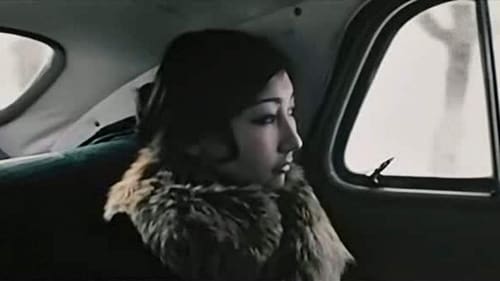
This intriguing mixture of melodrama and politics is not divided into three parts; the title instead refers to three female characters whose lives intersect in a small town in northern Uzbekistan during the difficult days following World War II. The first is an old woman trapped in a forced marriage; the second is a schoolteacher imposing progress on the remote region; the third, and most important, is Khalima (Kambarova), an illiterate but determined young woman who resolves to build her own house without either her husband's or the state's approval. The film's harsh vision of life in postwar Uzbekistan, as well as its ambivalent attitude toward the conflicting demands of individualism and collectivism, made it the object of official disapproval.
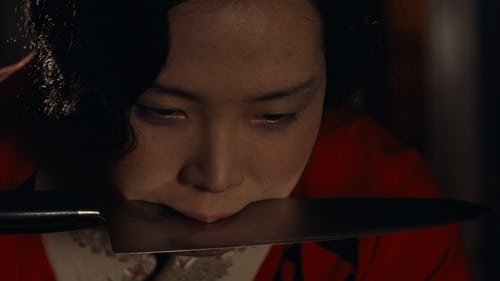
A passionate telling of the story of Sada Abe, a woman whose affair with her master led to an obsessive and ultimately destructive sexual relationship.

Operation Market Garden, September 1944. The Allies attempt to capture several strategically important bridges in the Netherlands in the hope of breaking the German lines.
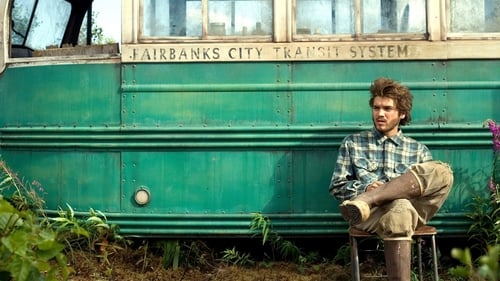
After graduating from Emory University in 1992, top student and athlete Christopher McCandless abandons his possessions, gives his entire $24,000 savings account to charity, and hitchhikes to Alaska to live in the wilderness.
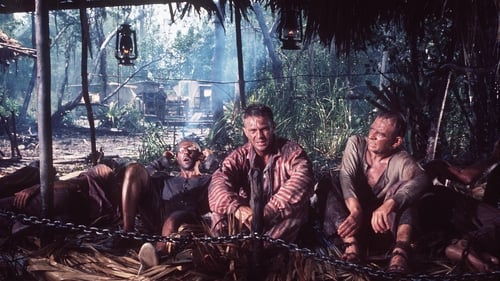
A man befriends a fellow criminal as the two of them begin serving their sentence on a dreadful prison island, which inspires the man to plot his escape.
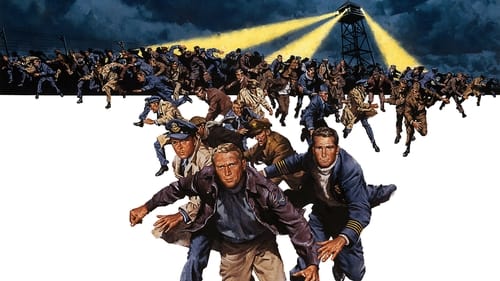
The Nazis, exasperated at the number of escapes from their prison camps by a relatively small number of Allied prisoners, relocate them to a high-security 'escape-proof' camp to sit out the remainder of the war. Undaunted, the prisoners plan one of the most ambitious escape attempts of World War II. Based on a true story.
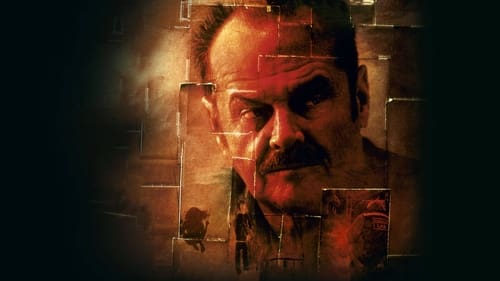
A police chief about to retire pledges to help a woman find her daughter's killer.

Jack's lavish, fast-paced lifestyle changes one Christmas night when he stumbles into a grocery store holdup and disarms the gunman. The next morning he wakes up in bed lying next to Kate, his college sweetheart he left in order to pursue his career, and to the horrifying discovery that his former life no longer exists. As he stumbles through this alternate suburban universe, Jack finds himself at a crossroad where he must choose between his high-power career and the woman he loves.
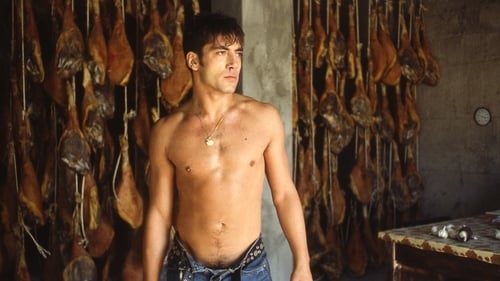
Jose Luis is an executive at his parents underwear factory where his girlfriend Sylvia works on the shop floor. When Sylvia becomes pregnant, Jose Luis promises her that he will marry her, most likely against the wishes of his parents. Jose Luis' mother is determined to break her son's engagement to a girl from a lower-class family, and hires Raul, a potential underwear model and would-be bullfighter to seduce Sylvia.

A TV adaptation of the classic Alexandre Dumas novel. Edmond Dantes is falsely accused by those jealous of his good fortune, and is sentenced to spend the rest of his life in the notorious island prison, Chateau d'If. While imprisoned, he meets the Abbe Faria, a fellow prisoner whom everyone believes to be mad. The Abbe tells Edmond of a fantastic treasure hidden away on a tiny island, that only he knows the location of. After many years in prison, the old Abbe dies, and Edmond escapes disguised as the dead body. Now free, Edmond must find the treasure the Abbe told him of, so he can use the new-found wealth to exact revenge on those who have wronged him.
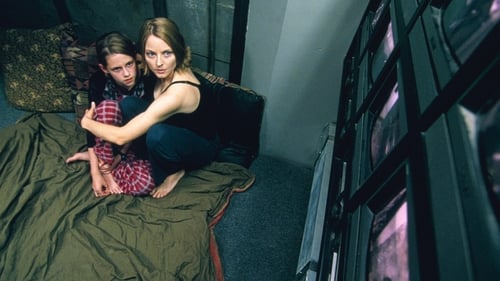
Trapped in their New York brownstone's panic room, a hidden chamber built as a sanctuary in the event of break-ins, newly divorced Meg Altman and her young daughter Sarah play a deadly game of cat-and-mouse with three intruders - Burnham, Raoul and Junior - during a brutal home invasion. But the room itself is the focal point because what the intruders really want is inside it.
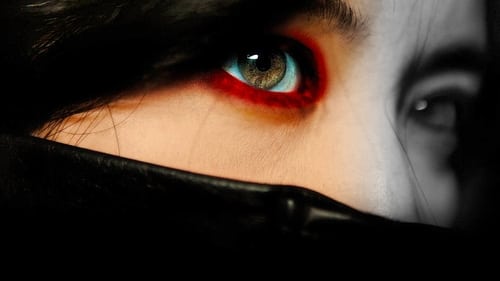
Released after being wrongfully convicted and imprisoned for 13 years, a woman begins executing her elaborate plan of retribution.





















